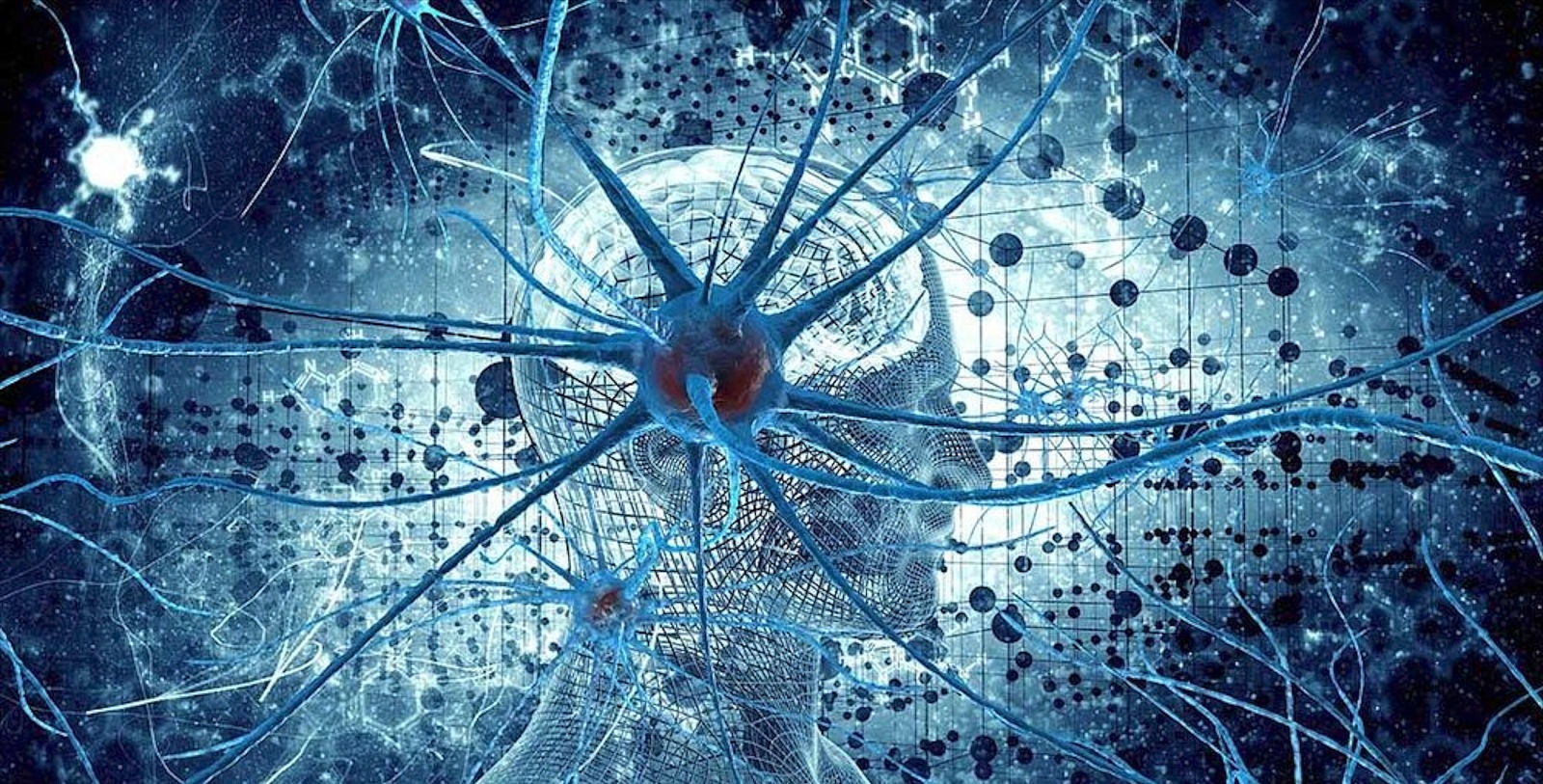

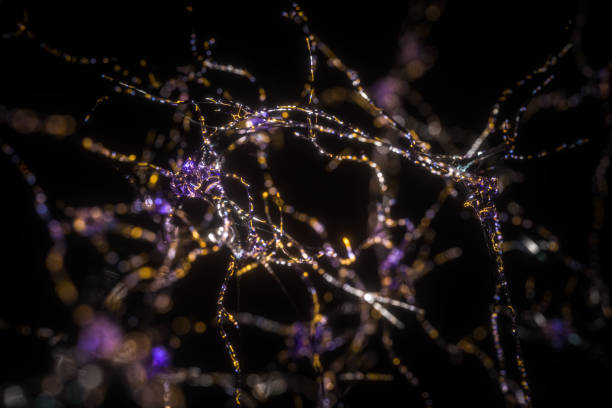
The aim here is to design experiments to gain a fundamental understanding of the mind and consciousness and their relationships with the physical body, while developing a rigorous framework/model tying together scientific observational data, the nature of the physical world, information beyond the physical world (that may be accessible to the mind, for example), metaphysics, and ultimately philosophy and theology. Such a framework would inform experiments and vice-versa.

The aim of this theme is to formulate a rigorous theory that will bridge the gap between our understanding of the physical world, metaphysics, the philosophy of consciousness, and theology. This compliments the experimental work, and is overall meant to push towards expanding the understanding of mind and consciousness.

To engage with diverse scientific circles and the general public, alongside research projects, we are creating scientific material for outreach activities. The aim is to disseminate the importance of allowing information beyond the physical universe in understanding the mind and consciousness. Such outreach will help foster close collaborations between labs and universities, and eventually help create a network of scientists and philosophers interested in the mind-brain interface and consciousness research.
Akhandadhi Das (a philosopher and Vaishnava theologian renowned for his BBC programs) introducing qualia and the need for a scientific approach to the study of consciousness.
The Atma Paradigm lecture series that detail a science-consistent philosophical framework offering a comprehensive explanation of our existence in the cosmos (slides).
The BI-Neuro conferences are meant for scientists, philosophers, and curious students to come together to discuss and plan inter- and cross-disciplinary projects for the future of mind and consciousness research. The focus is to address open questions in these fields and leverage Indian philosophies to broaden the scope of scientific exploration.
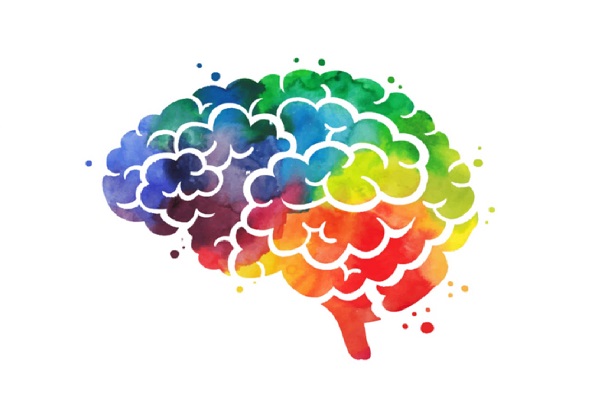
The MBI conference proceedings are available here. The chapters are not meant to reflect a complete list of research projects, but rather as stepping stones for a more thorough research program.
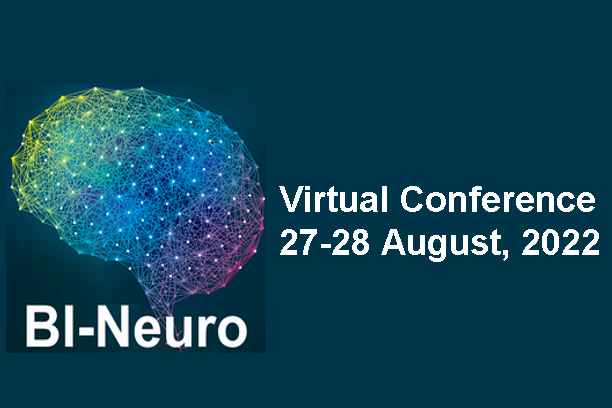
Topics include the concept of subtle body, effects of meditation, theory of mind, and reincarnation. Details

Bringing together Eastern and current scientific knowledge systems to develop a comprehensive (scientifically and philosophically rigorous) understanding of mind, intelligence, consciousness, matter and reality. Details
The BI-Neuro Collaboration is a group of researchers and students from across the world — North America, Europe, UK, India, and Australia — with diverse backgrounds ranging from to neuroscience, engineering, and astronomy to philosophy, indology, and theology. The primary focus of this collaboration is to combine Eastern and Western theories on mind and consciousness through experimental and theoretical investigations, to ultimately help address some of the open questions in these fields. Primarily, such work would be an avenue to introduce ideas from Indian Philosophies (which posit that the mind and consciousness have existences beyond the physical body) into mainstream research. Therefore, the BI-Neuro team seeks to bridge the two perspectives by 1) bringing together expertise from both Indian Philosophies and mainstream science, 2) formulating experiments, and 3) developing a model of mind-brain interaction.
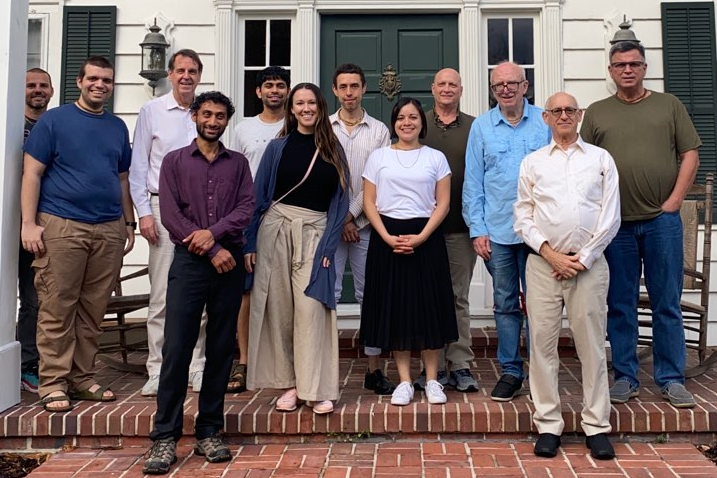

A small-scale randomized-control study on the effect of mantra meditation on heart rate variability (HRV), for
which a periodic change is a positive indicator of physical and mental wellbeing. It was indicated that even
novice mantra meditation practitioners can self-induce an increase in HRV fluctuations during short-term
practice, signifying the efficacy of such meditation.
Paper, Video
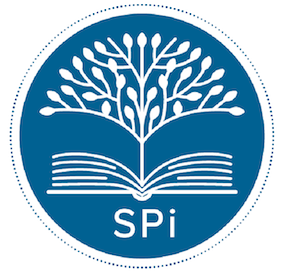
The Science & Philosophy initiative aims to
integrate these disciplines within a science-
consistent philosophical model, offering a
comprehensive explanation of our existence.
The working title for this model is The Atma
Paradigm. It resolves many current quandaries
and incongruities within both science and
philosophy, by postulating that consciousness
is an irreducible feature of the primary state of
reality.
Website, Brochure
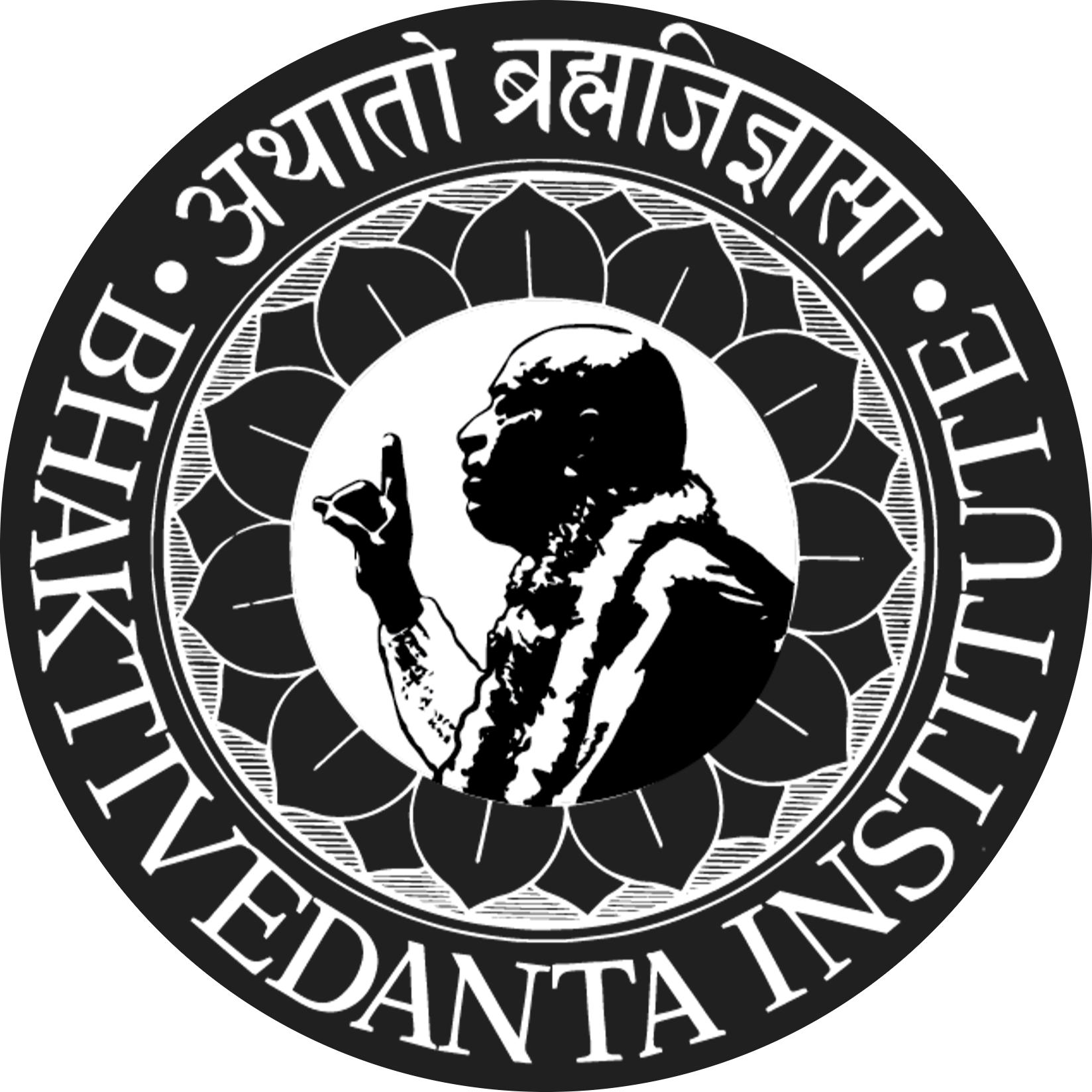
The Bhaktivedanta Institute for Higher Studies (BIHS) is a center for the research and dissemination of a
non-mechanistic scientific view of reality. The main purpose of the Institute is to explore the implications
of Bhagavat Vedanta philosophy as it bears upon human culture. BIHS was formed in 1976 to build intellectual
bridges between the empirical knowledge of modern scholasticism and the metaphysical, cosmological, and
cultural descriptions of India's Bhagavata Vedanta tradition.
Website,
2022 Q1
Newsletter
You can support our efforts through donations, all of which will be tax exempt. Please add "BI-Neuro" in the comment box while making the donation.

Email: kmooley@caltech.edu (Kunal Mooley, BI-Neuro) or info@bihstudies.org (BIHS)